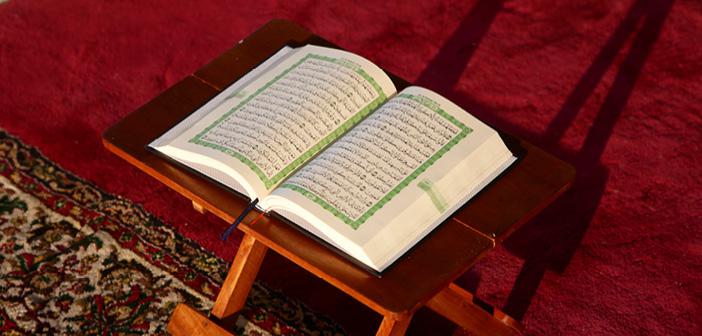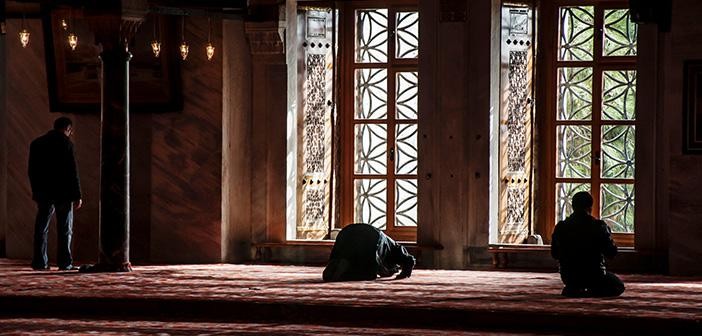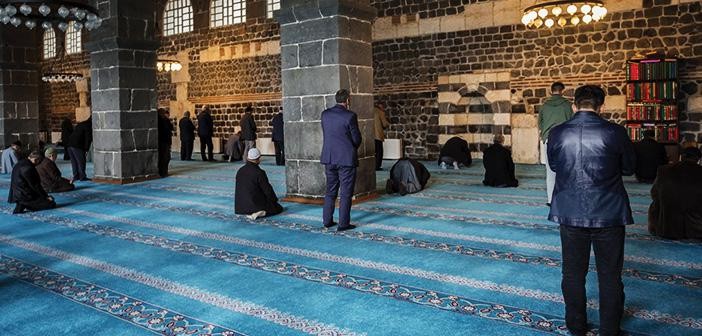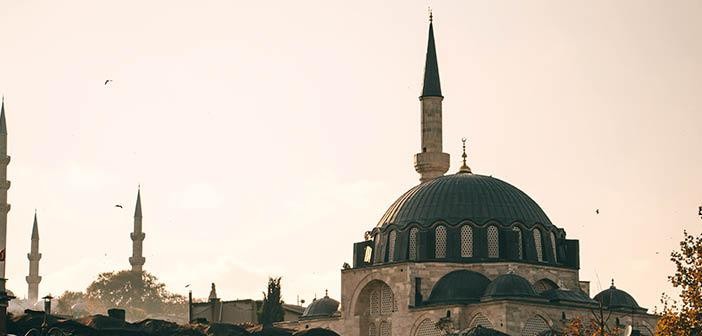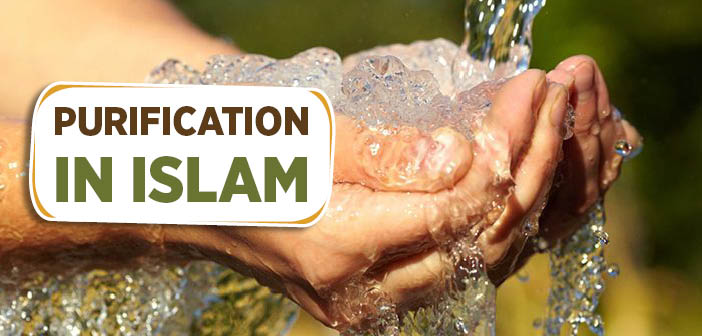
Purification in Islam
What is the purification in islam? What does quran say about purification? What are the types of purification?
The religion of Islam attaches great importance to cleanliness and requires the cleanliness of the body, clothing, place of prayer, and purification of the heart in order to enter the presence of Almighty Allah. The following is stated in the Qur’anic verses that were revealed during the Meccan period: “And your garments keep free from stain!”[1] and “O Children of Adam! wear your beautiful apparel at every time and place of prayer...”[2] The cleanliness of the place of worship is a common value in all Abrahamic religions and is symbolized by the Magnificent Ka’bah as is stressed in the following verse, “.. and We covenanted with Abraham and Isma'il, that they should sanctify My House for those who compass it round, or use it as a retreat, or bow, or prostrate themselves (therein in prayer).”[3] In the Qur’an, repentance, which means cleansing oneself from spiritual impurities as well as the cleansing of oneself from material impurities, are mentioned together, and it is stated that those who do these acts will gain the love of Allah: “For Allah loves those who turn to Him constantly and He loves those who keep themselves pure and clean.”[4] Moreover, the people of Kuba, who were situated in Medina and whose cleanliness is presented as an example to the ummah, were praised as follows: “…In it are men who love to be purified; and Allah loveth those who make themselves pure.”[5] In addition to external cleansing, purification of the heart and internal purification is vital, in fact, it is the most significant aspect of purification. For a person whose outside is adorned but whose inner world is full of spiritual grime cannot reach the truth of faith. Allah Almighty states that the first attribute of those who achieve salvation is purification with the following words, “But those will prosper who purify themselves, and glorify the name of their Guardian-Lord, and (lift their hearts) in prayer.”[6]
The Prophet (saw) also spoke of the importance of cleanliness with the following words, “Cleanliness is half of faith.”[7] “God is clean, and he loves cleanliness.”[8] and “The key to prayer is cleanliness.”[9] The Messenger of Allah (saw) commanded the cleanliness of the body and the environment on various occasions and set an example for his Companions and all the people in this respect.
Yet, it would be inaccurate to understand from the above verses and hadiths that it is adequate to clean the outside of the body with soap and plenty of water but the inner world of the body can be left full of spiritual grime and malice. For this reason, taking into account the inner cleanliness of the human being, the Muslim scholars divided purification into four groups:
- a) Cleaning the body, the clothes, and the place of prayer. In addition to performing minor ablution (wuḍū), major ablution (ghusl), cleaning of the clothes and the place where prayer will be performed, removal of excesses such as the trimming of nails, armpit, and pubic hair, and being circumcised are included in this group.
- b) Cleansing parts of the person after having committed sins such as deceitfulness, backbiting, eating ḥarām, betrayal of trust, and adultery. This is a form of spiritual purification that every believer should pay attention to because of his or her own spiritual well-being.
- c) It means cleansing the heart of envy, vanity, arrogance, hypocrisy, greed, enmity, conceit, and similar spiritual diseases. When such foul traits disappear from the human being, humility, contentment, repentance, patience, fear, hope, love and similar beautiful attributes take their place. It is at this level that the belief of God-fearing people is found.
- d) Cleansing the essence of the heart from everything other than Allah. Allah Almighty says: “Say: “Allah” Then leave them to plunge in vain discourse and trifling.”[10] This means that if the heart is emptied of everything other than Allah, it will be busy with Allah alone. This refers to the heart gaining harmony with the statement of tawḥīd “Lā ilaha illallāh (There is no god but Allah)”. It is not possible for Allah and things other than Him (māsiwā) to exist in one heart at the same time since Allah Almighty did not create two hearts in a person’s chest.[11] The latter level is the degree of belief of the prophets and siddīqs. This is what is meant by the statement that purifying the heart from māsiwā is half of faith. For by achieving such material and spiritual cleansing, the prayer of a believer, who stands before Allah, achieves ascension and at the same time, it keeps him away from all kinds of vices, ḥarām, and abominable things.[12] Such a state creates a spiritual armor around him and protects his faith against harm that may come from the inner self (nafs) and the external society.
According to this classification, ṭaḥārah and its synonym naẓāfah include three types of cleaning:
- a) Cleaning the body, clothes, and environment from dirt and filth. This is known as being cleansed from najāsāt (material impurities).
- b) Elimination of the state of ritual impurity. This is known as being cleansed from the ḥadath (spiritual impurities). Performing minor ablution (wuḍū) or major ablution (ghusl) or if these two are not possible, performing dry ablution (tayammum) in place of them are ways to be cleansed from ḥadath.
- c) Cleansing the heart from spiritual stain and iniquity such as pride, arrogance, vanity, hatred, envy, and jealousy, and instead embellishing the heart with faith, sincerity, fear of God, and good morals.
[1] Al-Muddaththir, 74: 4.[2] Al-Aʿrāf, 7: 31.[3] Al-Baqara, 2: 125.[4] Al-Baqara, 2: 222.[5] Al-Tawba, 9: 108.[6] Al-Aʿlā, 87: 14-15.[7] Muslim, Ṭaḥāra, 1; Aḥmad ibn Ḥanbal, IV, 260, V, 342-344[8] Al-Tirmidhī, Adab, 41.[9] Abū Dawūd, Salat, 73; al-Tirmidhī, Ṭaḥāra, 3.[10] Al-Anʿām, 6: 91.[11] Al-Aḥzāb, 33: 4; Gazzali, İhyau Ulûmi’d-Din (Trans. Ali Arslan), Istanbul 1971, II, 24, 25; Kimya-yı Saadet,pub. by Erkam Yayınevi, Istanbul 1989, p. 91, 92.[12] Al-Ankabūt, 29: 45.
Source: Basic Islamic Principles (ʿilmi ḥāl) According to the Four Sunni Schools With Evidence From The Sources of Islamic Law, Prof. Hamdi Döndüren, Erkam Publications




